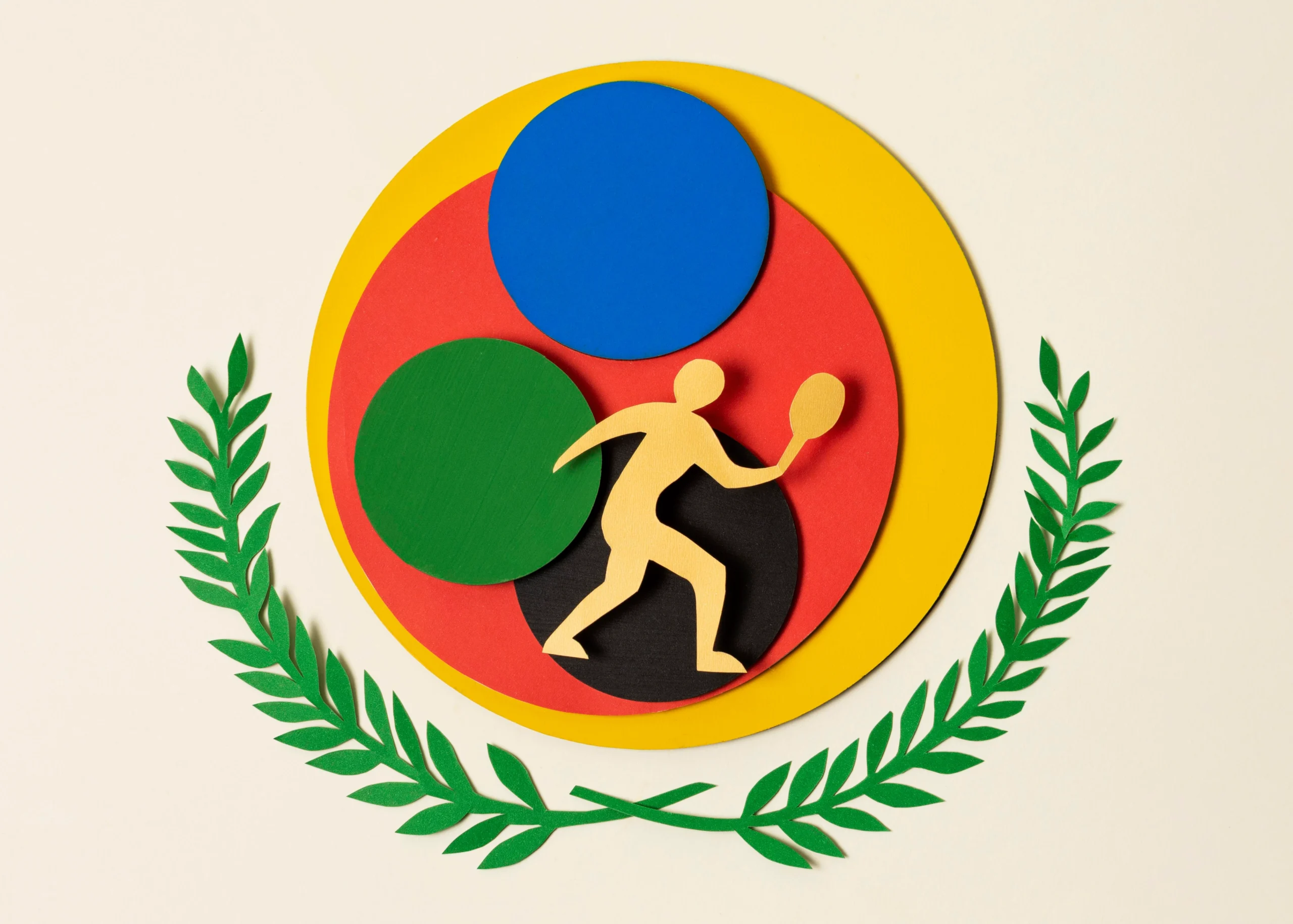The Olympic Games stand as one of the most prestigious and celebrated sporting events globally. Held every four years, the Games bring together athletes from around the world to compete in a wide range of sports. But what makes the Olympics so significant? This article delves into the historical, cultural, and social importance of the Olympic Games, examining why they capture the imagination of millions and continue to be a symbol of excellence and unity.
Historical Significance of the Olympic Games
Origins of the Olympics
The roots of the Olympic Games trace back to ancient Greece, where they were first held in 776 BCE in Olympia. These early games were part of a religious festival honoring Zeus, the king of the Greek gods. Athletes competed in various sports, including running, wrestling, and chariot racing, in a spirit of athleticism and reverence for the divine.
Revival in Modern Times
The modern Olympic Games were revived in 1896 by Pierre de Coubertin, a French educator and historian. He was inspired by the ancient Greek traditions and aimed to promote international understanding and peace through sports. The first modern Olympics were held in Athens, Greece, and featured 13 countries competing in 43 events.
Cultural Impact of the Olympic Games
Promotion of Global Unity
One of the core values of the Olympic Games is to foster global unity and peace. The Games bring together nations from every corner of the globe, encouraging athletes to compete with respect and sportsmanship. The Olympic motto, “Citius, Altius, Fortius” (Faster, Higher, Stronger), underscores the spirit of striving for excellence while promoting mutual understanding among different cultures.
Celebration of Cultural Diversity
The Olympics provide a platform for showcasing diverse cultures and traditions. The opening and closing ceremonies are renowned for their elaborate performances, highlighting the host country’s cultural heritage. These ceremonies feature traditional music, dance, and art, offering a global audience a glimpse into the rich tapestry of world cultures.
Social and Economic Impact of the Olympic Games
Economic Benefits
Hosting the Olympic Games can bring significant economic benefits to a city or country. The influx of tourists and media attention boosts local businesses, creates job opportunities, and stimulates infrastructure development. For instance, the 2012 London Olympics led to substantial investments in transportation and accommodation, which contributed to the city’s long-term growth.
Social Legacy
The Olympics also leave a lasting social legacy. They inspire young people to engage in sports and pursue their athletic dreams. Additionally, the Games often result in improved facilities and programs for community sports, fostering healthier lifestyles and encouraging social cohesion.
Challenges and Controversies
Cost and Budget Issues
Despite their many benefits, the Olympics are not without challenges. The cost of hosting the Games can be exorbitant, leading to concerns about budget overruns and financial sustainability. For example, the 2004 Athens Olympics faced significant financial difficulties, leading to a substantial debt burden for Greece.
Political and Social Controversies
The Olympics have also been a stage for political and social controversies. Issues such as human rights abuses, environmental concerns, and the commercialization of sports have sparked debate. The 1936 Berlin Olympics, held during Nazi Germany’s regime, are particularly notable for their political implications and propaganda use.
The Role of the Olympic Athletes
Inspirational Stories
Olympic athletes often serve as powerful role models. Their stories of dedication, perseverance, and triumph resonate with people worldwide. For instance, Usain Bolt’s record-breaking performances and Michael Phelps’ remarkable swimming career have inspired countless individuals to pursue their passions and overcome obstacles.
The Spirit of Competition
The spirit of competition is at the heart of the Olympic Games. Athletes train for years, pushing their limits to achieve peak performance. The Games showcase the incredible feats of human physical and mental endurance, celebrating the athletes’ commitment to excellence.
Conclusion
The Olympic Games hold a unique place in global culture and history. They are not just a series of sports competitions; they represent ideals of unity, peace, and cultural celebration. From their ancient origins to their modern revival, the Olympics continue to captivate audiences and inspire athletes worldwide. Despite the challenges and controversies that accompany them, the Games remain a symbol of human achievement and the enduring spirit of international cooperation.
As we look forward to future Olympic Games, we can appreciate their role in promoting global harmony and celebrating the extraordinary capabilities of athletes from all corners of the globe. The legacy of the Olympics is a testament to the power of sports to bring people together and elevate the human spirit.



